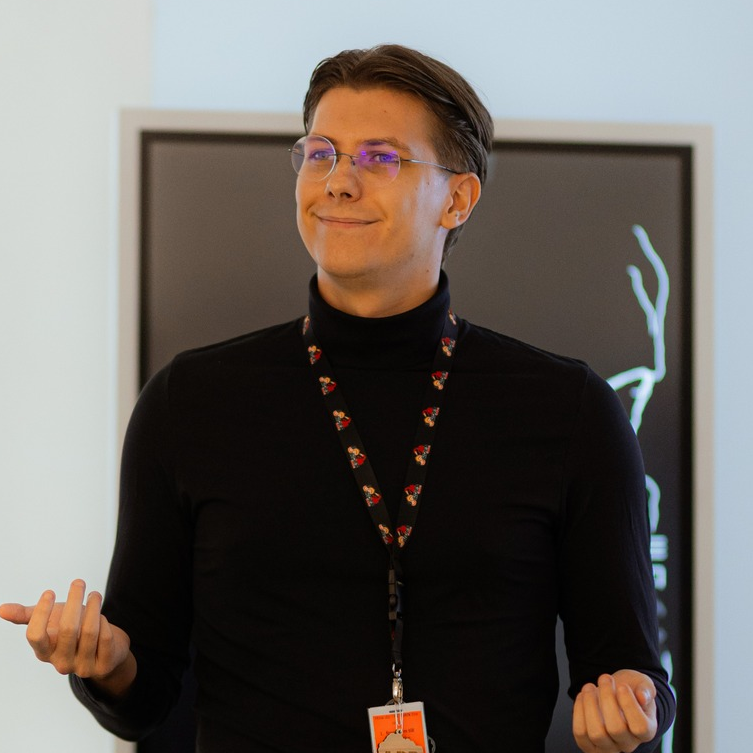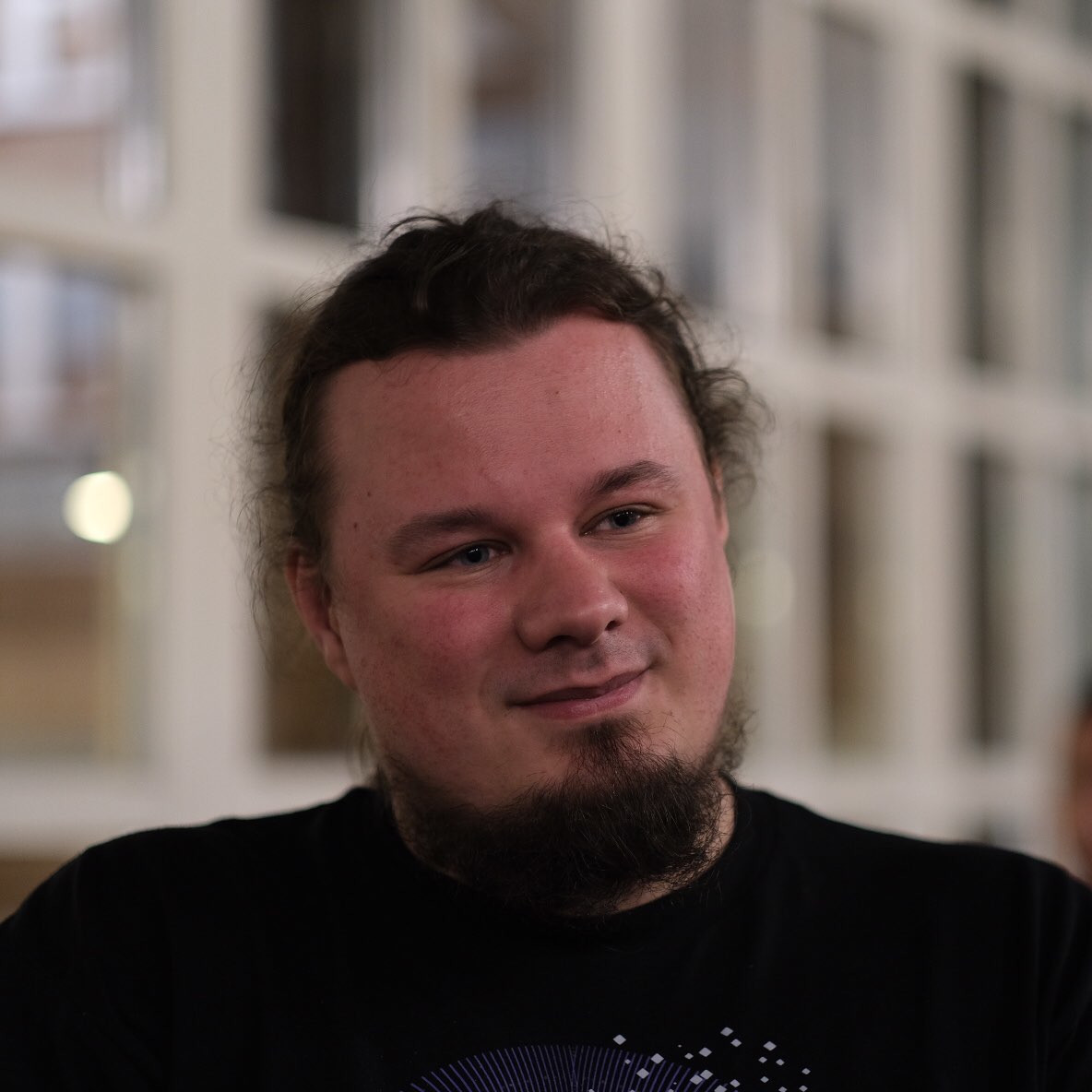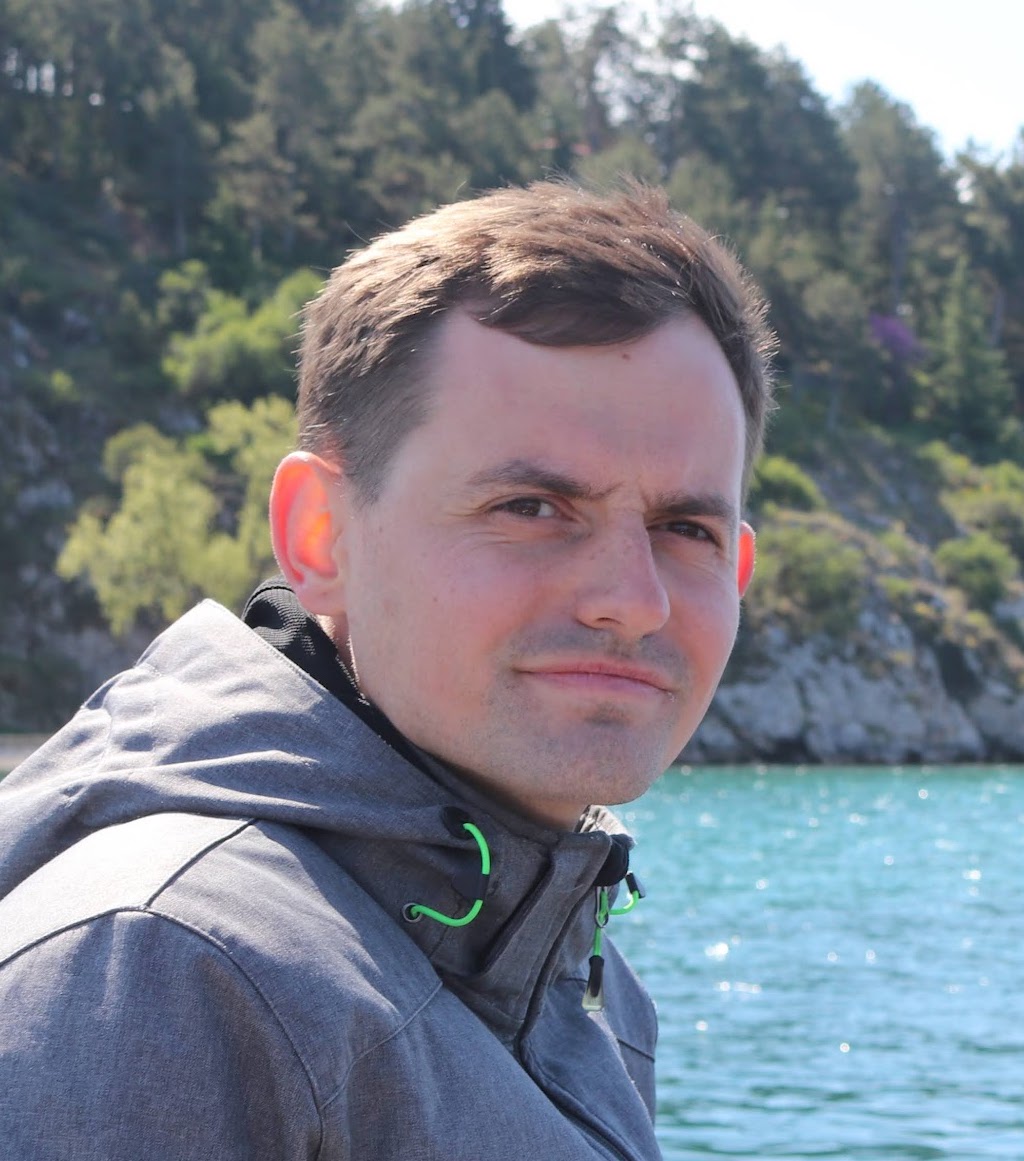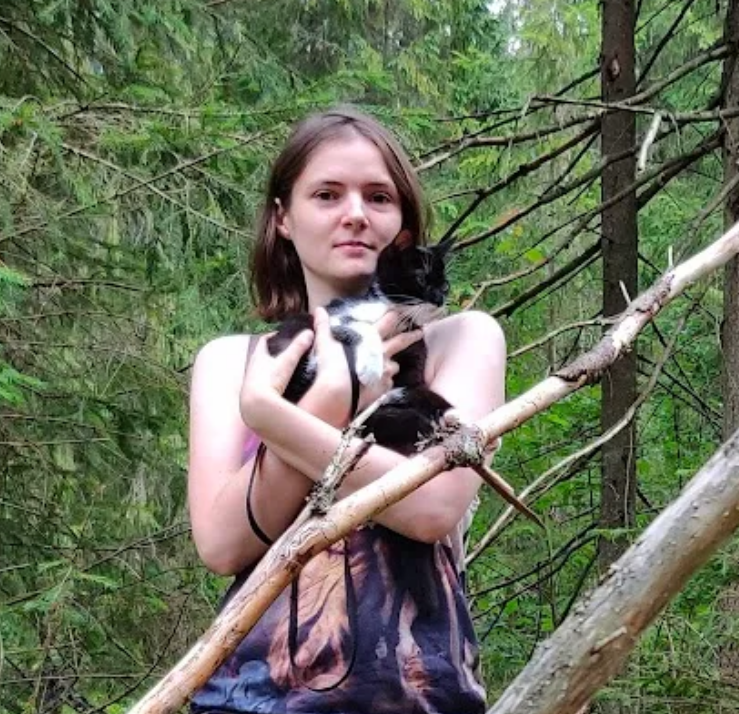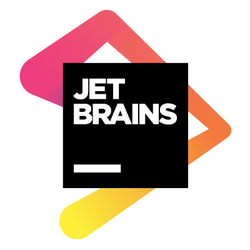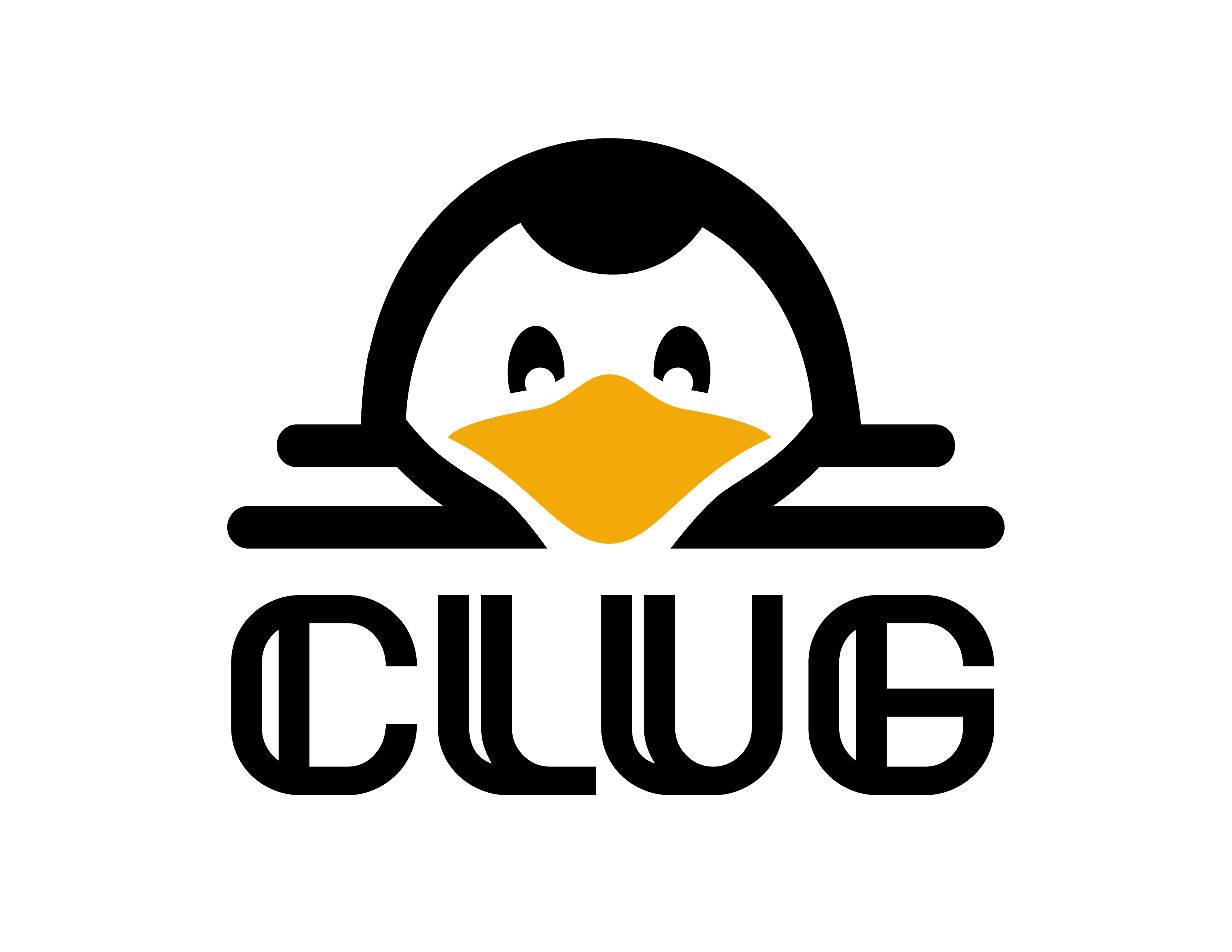Czwartek, 26.10.2023 18:30
Hi Everyone!
Pykonik is a community of those using, learning or curious about Python. This is the first meetup of the Autumn 2023 season, and yet again we're doing a new format joined with PyData
We have lots of speakers and topics, so each talk will last max 10 minutes. We want to keep it focused, fun and cover a broad range of ideas. If you want to present something about any topic (non technical is also ok), please contact us on Discord or submit it through the form since we may still have a few talk slots available!
Paweł Kusiński
Make decompilation of Python great again
What should you do if you're given a random bytecode from the latest Python version, which may not be supported by existing decompilers, and you're too lazy to read disassembled code? This lightning talk discusses how I successfully decompiled Python 3.10 when there were no decompilers available for it. This method is particularly useful when time is of the essence, such as during a Capture The Flag (CTF) competition, where this technique was originally employed.
Piotr Gnus
Logging without f-strings is fine!
As you know, logging module in python supports % formatting out of the box (internally), but doesn't support any modern string formatting methods.
I'll show you why it's actually not a problem, and you shouldn't format it on your own before passing it to the logging module.
You'll also learn how to improve your logs, especially in an instrumented environment, or simply when you have any log collecting service.
Piotr Piątkowski
LangChain / LangSmith
Biblioteka LangChain znacząco ułatwia pisanie aplikacji korzystających z AI a w szczególności modeli językowych (LLM). Dodatkowo jest ona zintegrowana z narzędziem LangSmith, które pozwala logować wszystkie akcje wykonywane przez naszą aplikację, a następnie wykonywać ich analizę. Na swojej prezentacji chciałbym pokazać jak można korzystać z obu narzędzi przy rozwoju projektu, nad którym obecnie pracuję - chat bota odpowiadającego na pytania dotyczącego aplikacji LogZilla.
Mikołaj Nowak
Big Refactoring Story
Have you ever worked with legacy code? Have you ever tried to refactor it? Have you ever failed to buy time or to do real improvement with such refactor?
I'll share with you our story, where we not only managed to do some refactor, but also we managed to do it in 7 devs in parallel, delivering continuously to QAs, fix some bugs, and avoid introducing new ones! And after a year we still like the results of our work.
Adrianna Tokarska
Open Source LLMs
At present, an increasing number of Open Source LLMs (Large Language Models) with substantial capabilities are emerging. In my presentation, I aim to mention a few exemplary models, discuss their pros and cons, and offer practical tips for running these models on your local machine.

Prelegenci
Paweł Kusiński 
Paweł is a Penetration Tester and Security Researcher at Snowflake, focusing on app and cloud security. He performs penetration tests and infrastructure audits for a wide range of IT projects. He likes to share his knowledge by leading various workshops, giving conference talks, and teaching at universities. In his free time, he is a CTF player (member of justCatTheFish) and enjoys buying too many Legos, despite the lack of space for more.
Piotr Gnus
I'm a Python developer experienced with web frameworks, especially Django and FastAPI.
Piotr Piątkowski 
Programista od blisko 40 lat - rola przeplatana a często łączona z administrowaniem systemami unixo-podobnymi.
W latach '90 ubiegłego wieku pracował w Uczelnianym Centrum Informatyki AGH, gdzie miał przyjemność brać udział w budowaniu polskiego internetu (m.in. krakowski serwer IRC, pierwsze strony WWW, Polska Strona Ogonkowa, laboratorium serwerów IBM/RISC).
W latach '00 (a dokładnie 1999-2009) - pracował w Onet.pl, na przemian w dziale adminów oraz programistów systemowych (a pod koniec w dziale R&D, gdzie m.in. współpracował z telewizją n, oraz współtworzył pierwsze wersje serwisów onet.pl na urządzenia mobilne).
Od roku 2012 rozwija system LogZilla (http://logzilla.net/) - narzędzie do log managementu, ostatnio dodając w nim mechanizmy korzystające z najnowszych rozwiązań AI.
Poza tym miłośnik rowerów (bardziej tych z szerszymi oponami) oraz od jakiegoś czasu dronów FPV, którymi lata i które buduje/naprawia razem z 12-letnim synem.
Mikołaj Nowak
Senior Android Developer at SpotOn, traveler, sailor, former quidditch player and recently also a dad.
Adrianna Tokarska
Adrianna Tokarska - data scientist with a primary focus on Natural Language Processing (NLP)

Sponsorzy spotkania
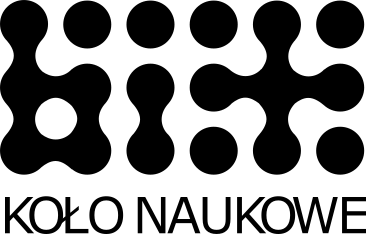
Koło naukowe BIT to przede wszystkim miejsce, gdzie studenci AGH mogą rozwijać swoje zainteresowania i się nimi dzielić. Znajdziemy tutaj ludzi zainteresowanych nowoczesnymi metodami tworzenia oprogramowania, aktualnymi technologiami webowymi, a także algorytmami czy sztuczną inteligencją.
Oprócz rozwijania swoich pasji, dzielimy się też wiedzą z zakresu studiów, prowadząc zajęcia wprowadzające w dziedziny matematyki i informatyki dla osób, które wcześniej nie miały z danymi zagadnieniami styczności. Wszystko po to, żeby wymienić się doświadczeniem i szybciej oraz lepiej przygotować się na zajęcia na uczelni.
Koło naukowe zapewnia nam miejsce na spotkanie.

SpotOn is a software company dedicated to redefining the merchant services industry. SpotOn combines payment processing with customer engagement and business management solutions, giving small and medium businesses the data and tools they need to run and grow their business.
Our tools increase revenue and connect businesses with their customers using rewards, deals, online reviews, website building, and data analytics.
Tools like these were previously only available to big businesses with big bankrolls and their own developers, but our platform caters to neighborhood stores, independent retailers, and other small to midsize businesses. We have our service deployed in many cities across the U.S. and Mexico.
Our technologies - Backend (Python, Golang) - Front end (React) - Mobile development (iOS i Android) - Testing & Designing
Our industries - Restaurants Payment solutions, printers & facilities - Services Booking management systems - Retail & e-commerce Powerful websites
SpotOn zapewnia pizzę i napoje dla uczestników spotkania



